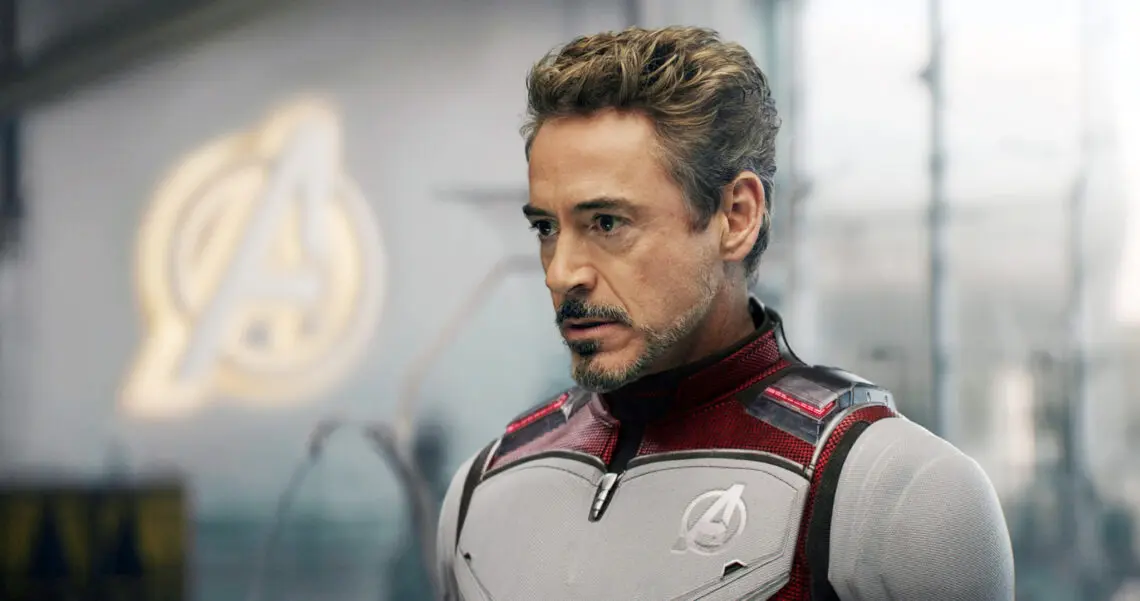Robert Downey Jr. stands against AI digital replicas
A podcast revelation sparks controversy
In a recent podcast episode, the charismatic Robert Downey Jr. did not shy away from sharing his thoughts about Hollywood’s push towards artificial intelligence. Appearing on ”On with Kara Swisher,” Downey delivered a clear message to the industry: he will take legal action against any future executives who authorize the creation of a digital replica of him using AI technology or deepfakes. This stern warning underscores the actor’s firm stance on maintaining control over his own likeness.
Reflecting on his Marvel legacy
The topic of AI arose during a discussion of Downey’s iconic tenure as Iron Man in the Marvel Cinematic Universe (MCU). Downey expressed confidence that Marvel would never resort to such tactics to recreate his character, Tony Stark, using artificial intelligence.
“There’s two tracks. How do I feel about everything that’s going on? I feel about it minimally because I have an actual emotional life that’s occurring that doesn’t have a lot of room for that,” Downey remarked.
He went on to elaborate his trust in Marvel’s leadership:
“To go back to the MCU, I am not worried about them hijacking my character’s soul because there’s like three or four guys and gals who make all the decisions there anyway and they would never do that to me, with or without me.”
Preparation to battle future AI implications
Host Kara Swisher probed further, suggesting future executives might indeed wish to digitally resurrect Downey for the big screen. Downey’s response was both witty and resolute:
“Well, you’re right. I would like to hereby state that I intend to sue all future executives just on spec,” Downey declared.
Swisher humorously noted that Downey might not be around to witness such legal battles, to which he retorted:
“But my law firm will still be very active.”
On Broadway: Addressing AI’s future
Downey is not just voicing his concerns; he is actively tackling the future of AI through his craft. He is currently performing in the Broadway play “McNeal”, which critically examines corporate giants in the AI sector, like OpenAI CEO Sam Altman. Downey shared his disdain for the notion that AI advancements belong solely to tech magnates:
“I don’t envy anyone who has been over-identified with the advent of this new phase of the information age. The idea that somehow it belongs to them because they have these super huge start-ups is a fallacy.”
He criticized the lack of truthfulness among such industry leaders:
“The problem is when these individuals believe that they are the arbiters of managing this but meanwhile are wanting and/or needing to be seen in a favorable light. That is a massive error. It turns me off and makes me not want to engage with them because they are not being truthful.”
A villainous turn in the Marvel universe
While Downey might not return as Tony Stark, fans of the MCU can look forward to seeing him embrace a new challenge, playing the villainous Doctor Doom in the upcoming “Avengers: Doomsday” set for release in 2026. This shift from hero to villain demonstrates Downey’s versatility and willingness to explore new dimensions within the superhero genre.
The broader implications of AI in entertainment
Downey’s statements and actions highlight a significant concern resonating across the entertainment industry: the ethical and creative implications of AI. As AI technology continues to evolve, its potential to replicate human actors digitally poses profound questions about ownership, consent, and authenticity.
The entertainment industry is at a crossroads where innovation must be carefully balanced with respect for the artists who bring characters to life. Downey’s proactive stance serves as a reminder that, regardless of technological advancements, the essence of storytelling lies in its human touch. Industry trends indicate a growing discourse on the fair use of AI, suggesting that Downey’s bold declarations could pave the way for a broader conversation on digital rights in Hollywood.
As the landscape of filmmaking evolves, industry professionals and audiences alike must engage with these ethical questions. The focus should remain on preserving the integrity of performance and ensuring that technological tools enhance, rather than diminish, the artistry at the heart of cinema.
Feel free to explore more about Marvel’s upcoming releases and other insightful discussions in the ever-evolving world of entertainment. Share this conversation on your social media channels or stay tuned for more updates on our platform!

 Italian
Italian







